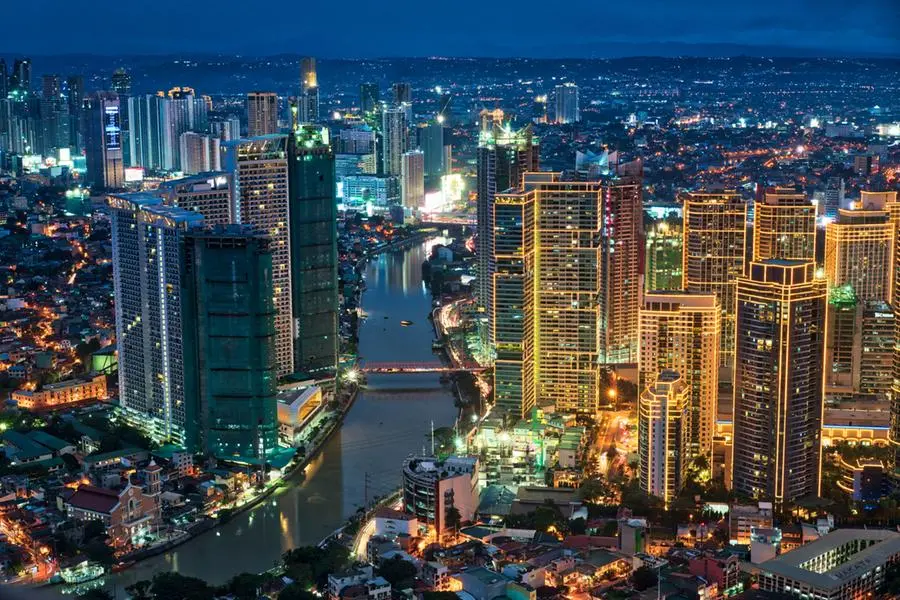PHOTO
Fitch Ratings has affirmed the Philippines' investment grade rating at BBB, a notch above the minimum grade, and maintained its stable outlook, citing the economy's strong medium-term growth prospects.
In a rating action commentary dated June 7, the debt watcher said the Philippines' gross domestic product (GDP) may expand by 5.8 percent this year from 5.5 percent in 2023 and 7.6 percent in 2022.
'We forecast real GDP growth of above six percent over the medium-term, considerably stronger than the BBB median of three percent, supported by large investments in infrastructure and reforms to foster trade and investment, including public-private partnerships (PPPs),' it said.
Fitch also sees a gradual reduction in government debt-to-GDP ratio at 54 percent by 2025 from 60.2 percent in the first quarter, which further supports the country's long-term foreign currency issuer default rating of BBB.
However, the rating is 'constrained by low GDP per head, despite an upward trend,' Fitch said.
'Droughts associated with the El Niño phenomenon are affecting agricultural production and electricity and water supply across parts of the country, while heavy rainfall expected during La Niña later this year poses risks to economic activity,' it said.
The Philippine economy expanded by 5.7 in the first quarter, slower than the 6.4 percent recorded in the same period a year ago, but higher than the 5.5 percent recorded in the fourth quarter of 2023.
The latest GDP print fell short of the government's six to seven percent target.
Meanwhile, Fitch forecasts Philippine inflation to fall by 3.8 percent this year from six percent in 2023, before slowing further to 3.4 percent in 2025.
This is due to 'lower commodity prices, base effects and the gradual pass-through of the 450-basis-point rate hikes since May 2022,' it said.
Headline inflation picked up to 3.9 percent in May from 3.8 percent in April. Year to date, inflation averaged 3.5 percent. This is still below the full-year 3.8-percent risk adjusted forecast of the Bangko Sentral ng Pilipinas (BSP).
In a statement, BSP Governor Eli Remolona, Jr. welcomed Fitch's recognition of the central bank's efforts to keep inflation within target and highlighted the BSP's data-driven approach to setting monetary policy.
The debt watcher also expects the current account deficit to narrow to two percent of GDP at below $10 billion by 2025 from 2.6 percent last year, amid lower hydrocarbon import bill and higher services exports.
'Structural current account deficits are likely to persist in the medium-term, on strong domestic demand and the infrastructure build-out. We view the current account surpluses before 2019 as largely reflecting under-investment,' Fitch added.
'An investment-grade rating signals reduced credit risk, allowing countries to access funding at lower costs,' the BSP said.
A BBB rating indicates a low expectation of default risk, with the country's capacity to meet financial commitments deemed adequate.
Meanwhile, a 'stable' outlook suggests a low likelihood of a rating change over the next one to two years.
Copyright © 2022 PhilSTAR Daily, Inc Provided by SyndiGate Media Inc. (Syndigate.info).





















